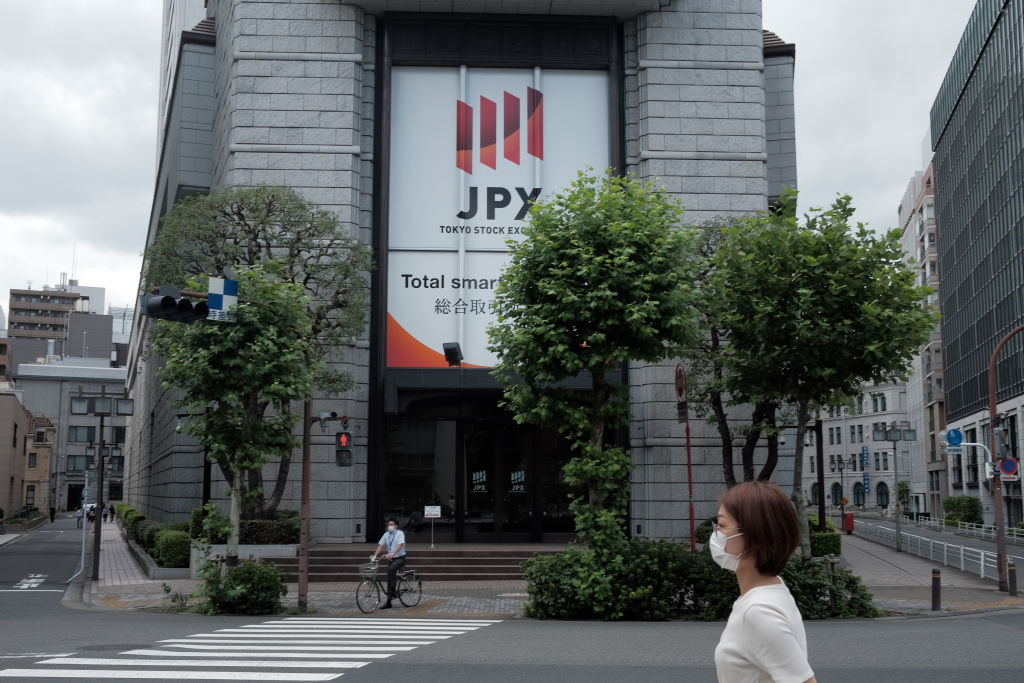Futures uncertain and Asian stocks negative after Wall Street ends its worst week of the year. The Nikkei 225 index of the Tokyo Stock Exchange lost 0.11%, to 27,423.96 points; Sydney down 1.12%, Seoul down more than 1%, Hong Kong -0.70%, Shanghai down 0.24%.
The Dow Jones Industrial Average fell 336 points, or 1%, on Friday after dropping as much as -510 points (-1.54%) during the session; the S&P 500 and the Nasdaq Composite lost 1% and 1.7%, respectively.
The sell-offs hit the US stock market after the release of data relating to US inflation measured by the parameter preferred by the Fed, the American central bank, ie the core PCE.
The figure, contained in the report on consumer spending and personal income, accelerated in January, rising on an annual basis by 4.7%, more than December’s growth of +4.6% (reviewed on rise from the previously announced +4.4%) and well beyond the expectations of analysts, who had foreseen a slowdown of 4.3%.
On a monthly basis, core PCE inflation increased by 0.6%, versus an estimated +0.4%, up from +0.4% in December (revised upwards to +0, 3% previously communicated).
Not only the core component, but also the headline PCE further strengthened, from year-on-year growth of 5.3% in December to +5.4% in January.
The data practically endorsed and reinforced fears of an even more hawkish Fed on rates, in its relentless fight against inflation.
Among other things, investors continue to focus their attention on the Fed minutes that were published last week, relating to the last FOMC meeting of January 31-February 1, which ended with the announcement of a hike US interest rates by 25 basis points, to a range of between 4.5% and 4.75%, a record since October 2007.
From the minutes it emerged that the risks on inflation in the United States are still on the rise, both due to the consequences of the reopening of the Chinese economy and the war in Ukraine, and that some exponents of the FOMC, at the last meeting, had expressed the desire to raise rates not by 25 basis points, but by 50 basis points.
Remaining on the subject of central banks, the protagonist today in Japan was the speech in the Upper House of Parliament by Kazuo Ueda, the economist appointed by Prime Minister Fumio Kishida to the position of governor of the Bank of Japan BoJ, in place of the current outgoing president Haruhiko Kuroda, close to the expiry of the mandate (in April).
“The trend in inflation needs to strengthen significantly for the Bank of Japan’s monetary policy to become tight,” Ueda said, adding that, “monetary policy alone cannot lift prices immediately.”
In this way Kazuo Ueda has practically exonerated the extremely accommodative monetary policy of the Bank of Japan from the accusation of having contributed primarily to the recent flare-ups of inflation in Japan.
“What exactly the Bank of Japan will do will depend on future economic developments”, Ueda underlined again, taking care to recall that “Japan’s inflation growth measured by the consumer price index will slow down to below 2 % in fiscal year 2023. It takes time for inflation to reach the 2% target in a sustainable and stable way”.
